Sasanlimab Plus BCG Shows Significant Survival Benefit for NMI Bladder Cancer
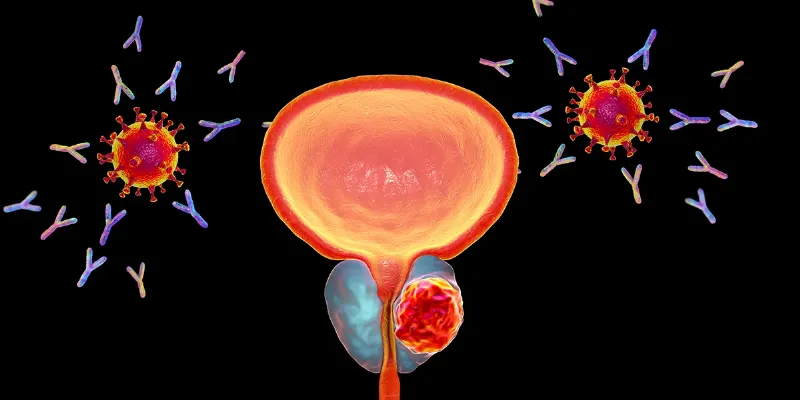
Sasanlimab, combined with BCG therapy, significantly improved event-free survival in patients with BCG-naïve, high-risk non-muscle invasive bladder cancer. The combination reduced the risk of disease recurrence or progression by 32%, marking the first major treatment advance in over 30 years. Regulatory filings are underway to bring this therapy to patients.
Pfizer announced positive results from the Phase 3 CREST trial evaluating the treatment of high-risk, non-muscle invasive bladder cancer (NMIBC). The investigational PD-1 inhibitor, sasanlimab, combined with Bacillus Calmette-Guérin (BCG) therapy, demonstrated a significant improvement in event-free survival (EFS) in patients who had not previously received BCG. The study, presented at the 2025 American Urological Association Annual Meeting, offers new hope for patients.
“New bladder cancer treatment options that help reduce rates of disease recurrence or progression are long overdue. Up to 50% of patients with high-risk NMIBC may experience failure of BCG intravesical immunotherapy, yet it has been the standard of care after tumor resection for decades,” said Dr. Neal Shore, Medical Director for START CRC, and lead investigator for the CREST trial. He stated that combining sasanlimab with BCG earlier in the disease course significantly prolonged event-free survival, highlighting its potential to redefine treatment paradigms.
A Long-Needed Advance
For decades, BCG intravesical immunotherapy following tumor resection has remained the standard of care for high-risk NMIBC. Yet despite its benefits, recurrence or progression occurs in up to 50% of patients. Until now, no new frontline treatments had meaningfully disrupted this standard.
In the CREST trial, patients treated with sasanlimab and BCG experienced a 32% reduction in the risk of disease-related events compared to those receiving BCG alone. The hazard ratio (HR) for event-free survival was 0.68 (95% CI, 0.49-0.94; p=0.019), with the median EFS not yet reached, indicating durable benefit.
Importantly, subgroup analyses showed consistent advantages in patients with the most aggressive disease. Those with T1 disease had an EFS HR of 0.63, and patients with carcinoma in situ (CIS) showed an even more striking benefit with an EFS HR of 0.53.
The composite EFS endpoint included high-grade recurrence, disease progression, CIS persistence, or death from any cause. At 36 months, 82.1% of patients receiving the combination therapy remained event-free, compared to 74.8% with BCG alone — a notable difference in a disease often marked by frequent relapse.
For patients with CIS at randomization, complete response (CR) rates were high across both treatment arms — 89.8% with the combination versus 85.2% with BCG alone. However, durability favored sasanlimab: 91.7% of responders maintained CR at 36 months versus 67.7% in the BCG-alone group.
One important nuance: sasanlimab combined only with BCG induction (without maintenance) did not show benefit over standard BCG induction plus maintenance, underscoring the critical role of sustained BCG therapy alongside checkpoint inhibition.
A New Immunotherapy Strategy
Sasanlimab, a humanized IgG4 monoclonal antibody, blocks PD-1, preventing its interaction with PD-L1 and PD-L2 — a mechanism tumors exploit to evade immune detection. Administered subcutaneously every four weeks via a prefilled syringe, sasanlimab offers a practical, patient-friendly delivery method compared to intravenous options.
Previously evaluated in solid tumors and urothelial cancer, sasanlimab’s development in NMIBC taps into the growing understanding that early immune modulation can alter cancer's natural history.
“The CREST findings are especially impactful for these patients with early-stage cancer who may benefit the most from innovative treatment regimens, including a subcutaneous immune checkpoint inhibitor, that delay disease recurrence or progression. These results underscore our long-standing commitment to patients with bladder cancer across all stages of the disease. We look forward to working with global regulatory authorities to potentially bring sasanlimab as an important new treatment option to patients with high-risk NMIBC," said Dr. Megan O'Meara, Interim Chief Development Officer, Pfizer Oncology.





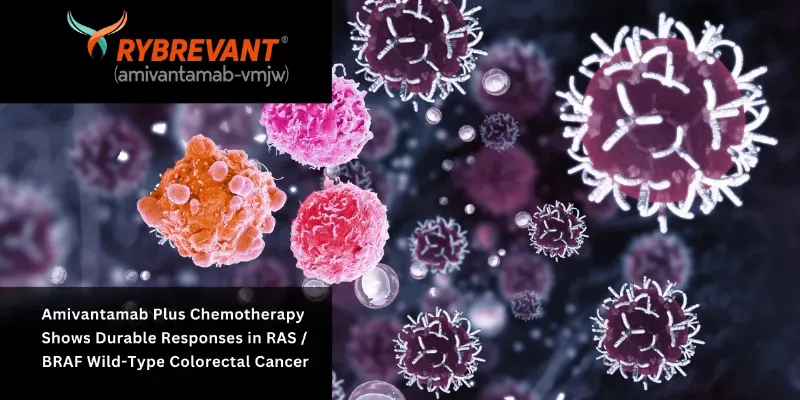
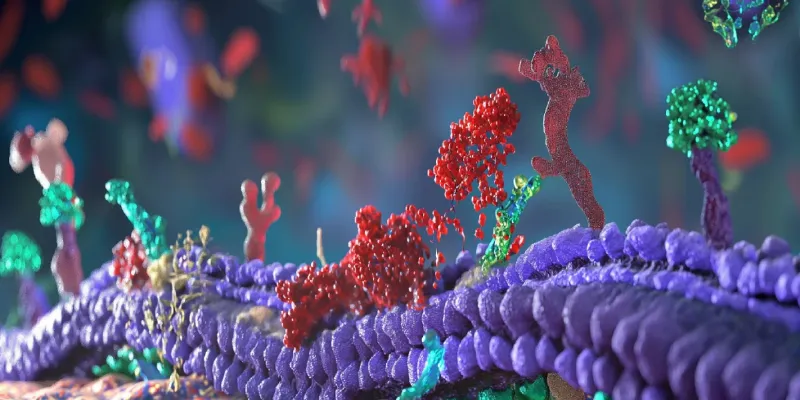
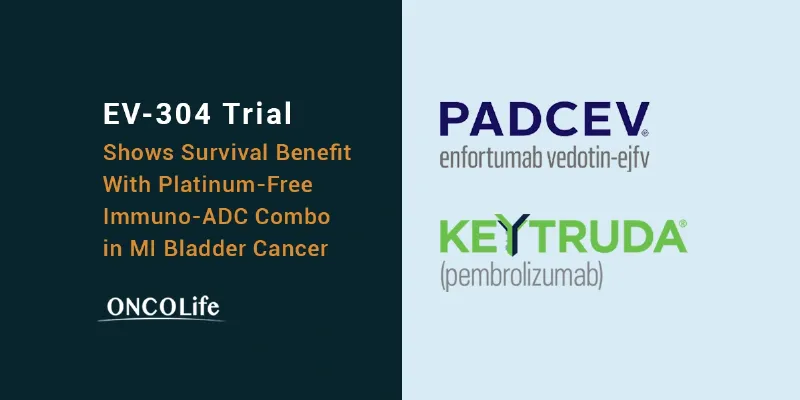
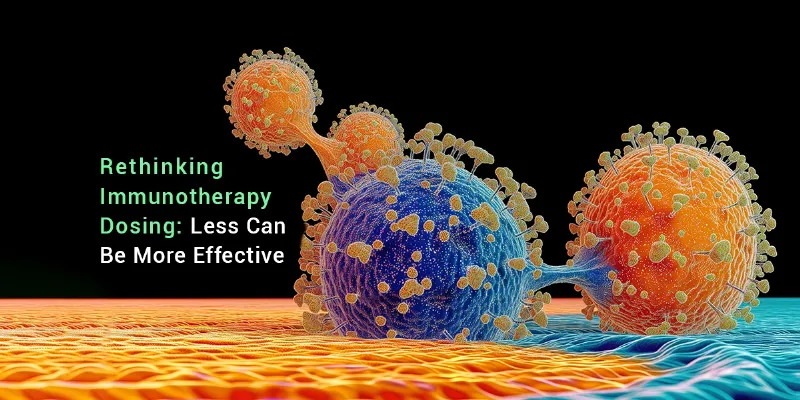
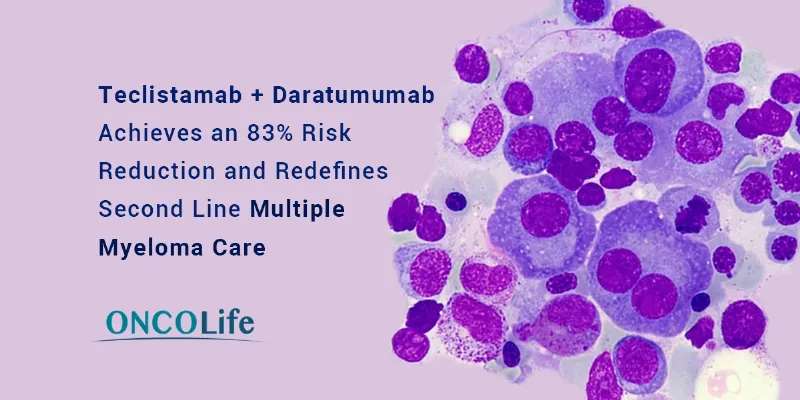
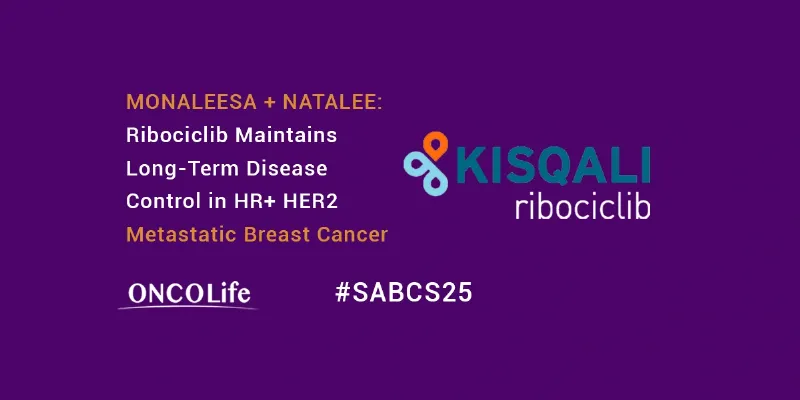
Comments
No Comments Yet!